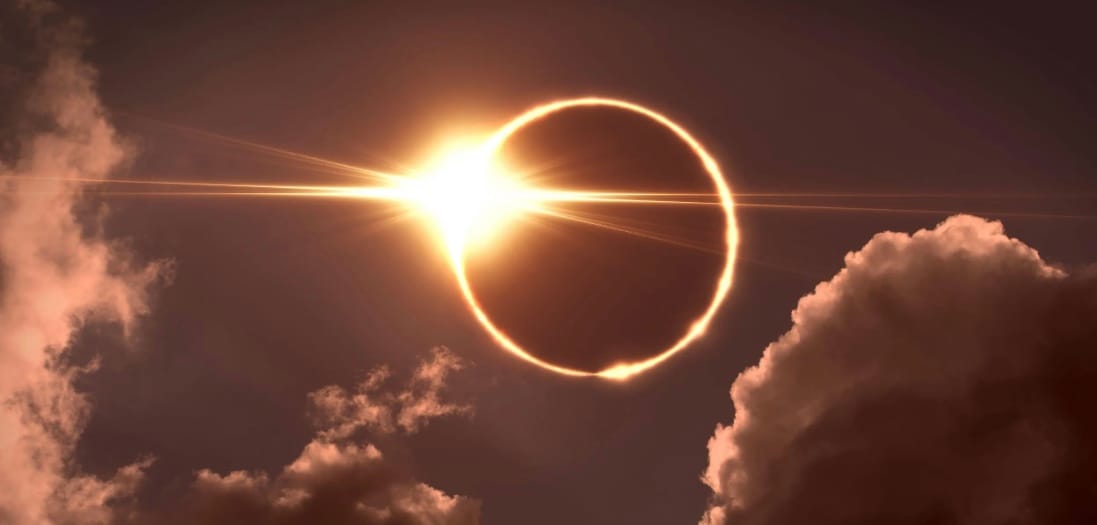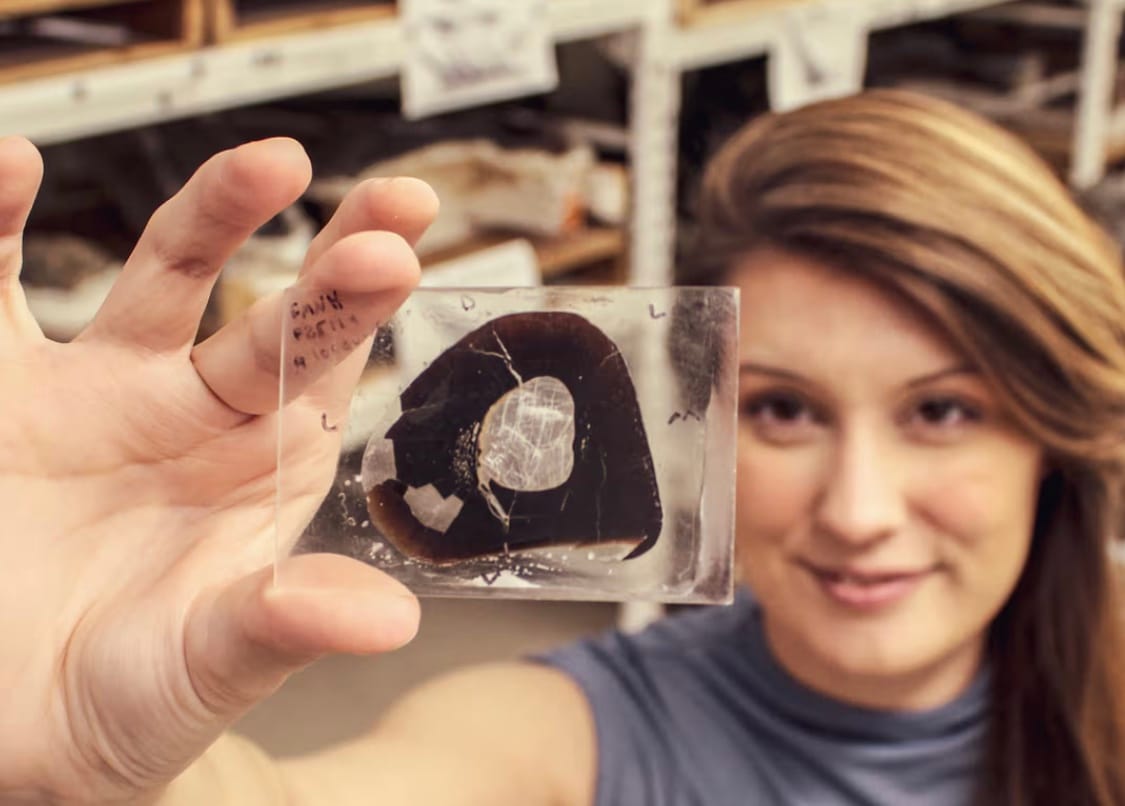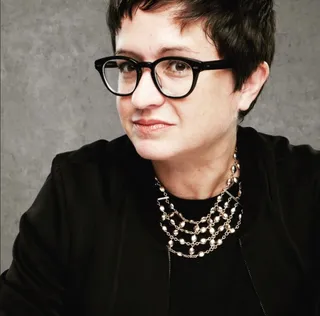Scientific Method
On this week's eclipse, historical interpretations of this phenomenon, old bones, and word wars.

Hi readers,
We made it to another Friday and I'm so glad all of you are here. How are we doing this week? What's on your mind? Did you check out that solar eclipse on Monday? If so, what was it like in your neck of the woods? I know at least one of my readers was in the path of totality, and another sent me neat little photos of the crescent-shaped shadows outside her office. Here in Atlanta, I sat in the backyard with my dear, darling Boots, who was so confused by whatever it was that was happening that he climbed onto my lap.
Anyway, there we were, all of us, in this delicious little state of collective wonderment, gazing up at the heavens (with eclipse glasses, I hope) to see something we don't normally see. Yes, Boots wanted his Sun back, because it was the time of day when the Sun is supposed to be there so he can bask in it. But eventually everything got aligned in his favor, and he felt whole again.
Don't you love it when that happens for you, too?

Anyway, I say all this to thank you again for being here. I so appreciate you taking the time to read these weekly letters, and to let me know what you think about them. I'm not an eclipse, or Beyonce. But if I can give you something entertaining, helpful, or even a little interesting, then that's enough for nerdy old me.
Writing prompt: Think about a moment where you were a part of something that felt bigger than you. What was that moment and why did it make you feel that way? What did you learn about yourself and the world around you, and how have those lessons served you well in the present?

How people have explained eclipses in the past
Eclipses didn't always fill people with awe. If you think about it, ancient civilizations probably freaked out when the sky went dark in the middle of the day. Before the science of eclipses was understood and the events became easier to predict, people saw these occurrences as upsets to the natural order of things, and super-bad omens. But others found different ways of explaining what was going on.
For example:
- In ancient China, it was believed that a celestial dragon took a huge bite out of the sun. To save the sun and frighten off the dragon, people would bang drums and make a huge ruckus. When they did, the sun returned.
- There's a disturbing Hindu myth about a demon who wanted to achieve immortality by drinking the nectar of the gods. Dressed as a woman, said demon party-crashed a gods banquet, but someone figured out what was up and beheaded him...which caused his head to fly across the sky and momentarily darken the Sun. (I'm probably going to have nightmares about this tonight...)
- The Incas worshipped a powerful sun god named Inti who was generally considered to be nice, until an eclipse happened, signaling that he was seriously mad. After an eclipse, Incas tried to figure out what they did to tick Inti off, and what they should sacrifice to get back in his good graces.
- The Choctaw believed that eclipses happened when a bad, black squirrel gnawed on the sun. Like the ancient Chinese, they made a bunch of noise to scare away the squirrel.
- According to a West African legend, human anger and fighting spread to the Sun and Moon, whose celestial battles caused eclipses. How did West Africans bring back the Sun? By making amends with each other and showing that they could be peaceful. (Unrelated: After this week's eclipse was over, a friend of mine told me "Great, I guess it's back to fighting about politics..." A day later, he told me he wasn't actually grouchy about politics. He was grouchy because he couldn't get Belinda Carlisle's "Mad About You" out of his head. And now you can't either).
Predicting the future with dinosaur bones

Paleobiologist Jasmina Wiemann spends her days searching dinosaur fossils for clues about the future. She's part of the growing field of conservation paleobiology, a field of study that aims to predict extinction events. The field looks at how the natural world responded to problems before we arrived: how life on Earth reacted to environmental change over time, how species adapted to planet-scale temperature changes, or what to expect when ocean geochemical cycles change.
“This is not something that we can simulate in the laboratory or meaningfully observe right now in the present day,” Wiemann said. “We have to rely on the longest ongoing experiment.”
For more on Wiemann and this fascinating line of work, check out this piece in today's Guardian.
What made me laugh today: I've never been to Write Club Atlanta, the local literary slugfest that donates its proceeds to good causes. But I need to change this. Here's how the battle works: two writers have six or seven minutes to read a story they've written, and the winner is chosen by audience applause. Today, Thomas Wheatley of Axios wrote about taking his girlfriend to dinner at Southern National this week before going to the latest edition of Write Club. A couple of clicks later, I learned that Wheatley's Write Club record is 1-0, thanks to a truly twisted (and fictitious) story he wrote about befriending Mark McGrath of Sugar Ray and finding his way in the world. You really need to hear this magnificent work of art; it begins at about the eight minute mark.
What irritates me: The Georgia World Congress Center might turn the Home Depot Backyard into some sort of entertainment complex. Blah blah blah, the World Cup's coming here so let's just build a bunch of stuff and make a ton of money and whatever. But what is that going to do to parking around Mercedes Benz Stadium? And (even more important, at least to me) why can't we have that nice tailgating spot anymore? That's what really stings.
What I'm looking forward to: Atlanta United versus Philadelphia on Sunday afternoon. Oh what I wouldn't give to grab three points from that stupid, stupid team. Also: A cooking class at Rosa Jackson's Le Petit Farcis in Nice next month. Rosa's cookbook Nicoise: Market-Inspired Cooking from France's Sunniest City came out this week, and I can't wait to learn from her in the city that inspired her work.
Where I hope you'll donate this week: I'm tired of book bans. Aren't you? Why not give to the Unite Against Book Bans, the American Library Association's (ALA) campaign to protect the freedom to read. According to the ALA, last year more than 4,000 titles were targeted for censorship in schools and libraries. Guess where the hotbeds of this activity were – and are. If you said Texas and Florida, you're correct. A good percentage of the books being challenged are by and about people of color and LGBTQIA+ individuals. Look...everyone deserves the right to read what piques their curiosity, and everyone deserves to see themselves and their unique experiences reflected in literature. This is how you learn and feel less alone. By giving to Unite Against Book Bans, or participating in some of their advocacy efforts, you play a part in stopping this madness. Books are good for you. The more we have at our disposal, the better off we'll all be.
Thank you for allowing me to visit your inbox each Friday with these tidbits. If you know someone who might enjoy this newsletter, please share it with them and encourage them to subscribe for free. Each week(ish), I'll be sharing an eclectic range of stories and so forth. Sometimes I'll throw in a little bit of writing advice, and answer whatever questions you may have. It's a work in progress, rooted in my passion for writing about history, people from all walks of life, and the various things that interest me. Having said that, please don't hesitate to reach out with any feedback or suggestions for other things you'd like to see here. I want this to be a little weekly treat full of things you might find interesting, entertaining, inspiring and maybe even helpful, too!
Paige Bowers Newsletter
Join the newsletter to receive the latest updates in your inbox.




